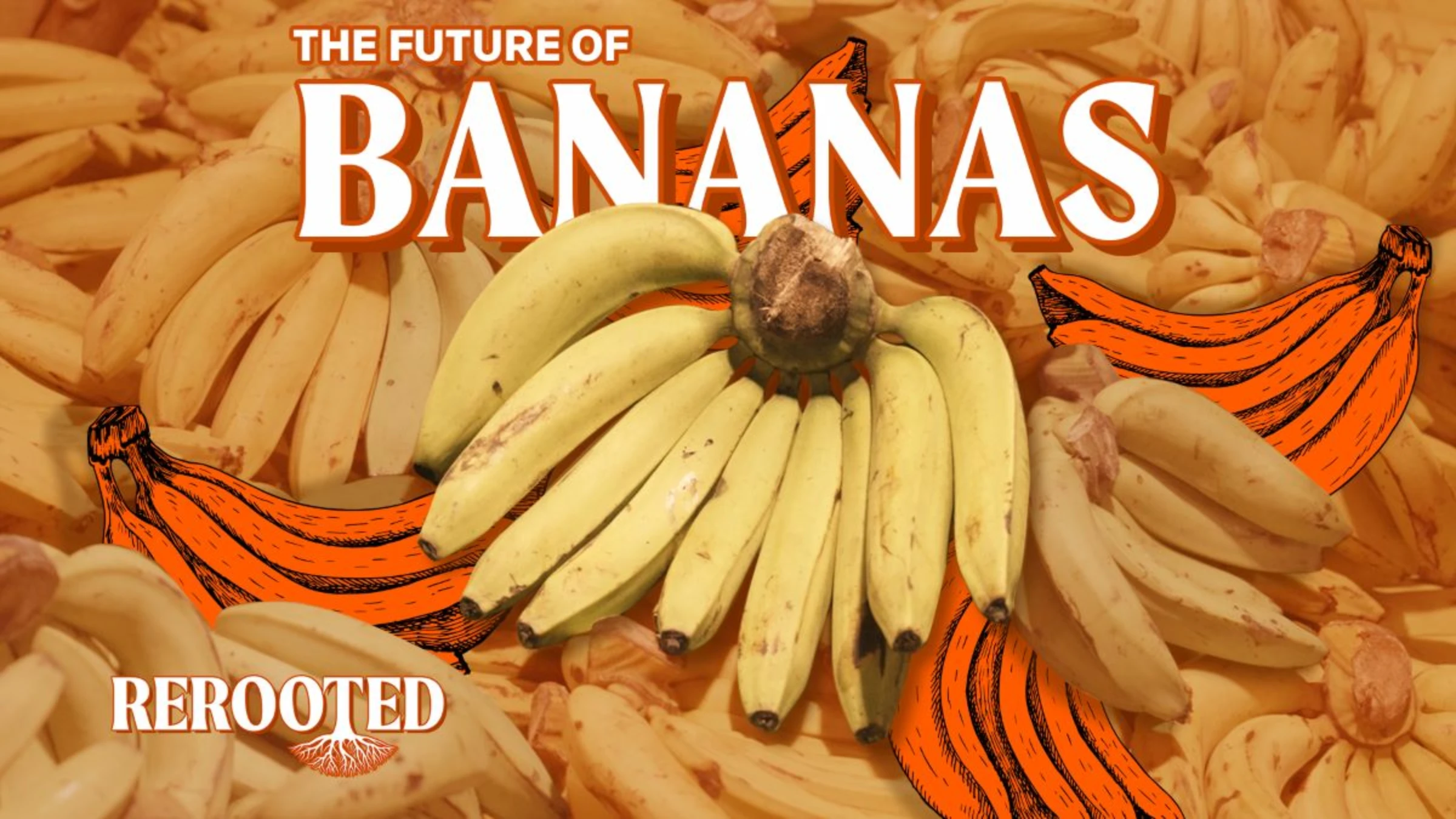Senegal relies on rice imports. Can a farming method change that?

Rice is a staple grain for half of humanity, but in places like Senegal farmers can’t grow enough of it. When the global rice supply is hit by crisis - from climate change impacts and conflict to trade restrictions - Senegal feels the pain. Despite the government’s efforts to ramp up domestic rice production, most Senegalese still prefer imported rice for making the national dish of thieboudienne.
In comes a farming technique called System of Rice Intensification (SRI), introduced in the 1980s in Madagascar. It’s a set of principles that promises to reduce costs, water use, and methane emissions, all while boosting yields. Now, thousands of Senegalese farmers are putting it into practice.
So is SRI the answer to achieving rice independence for Senegal? We travelled to the West African nation to find out.
This video is from "Rerooted", a special series by Context on the future of crops on a warming planet, exploring how we can grow enough nutritious food for a rising global population while protecting the climate and nature.
Subscribe to our YouTube channel | Watch more videos like this























